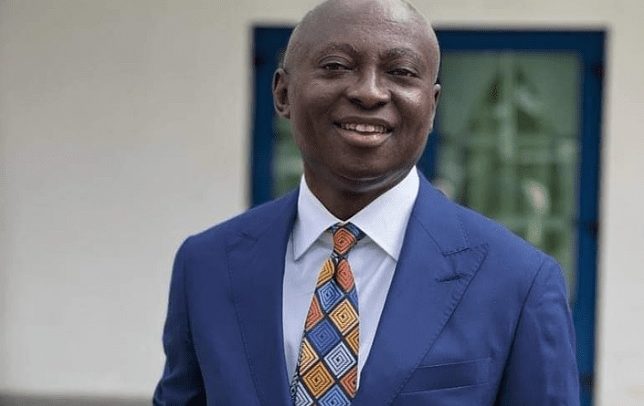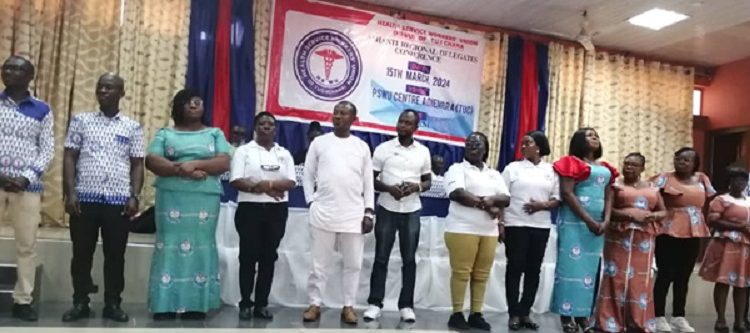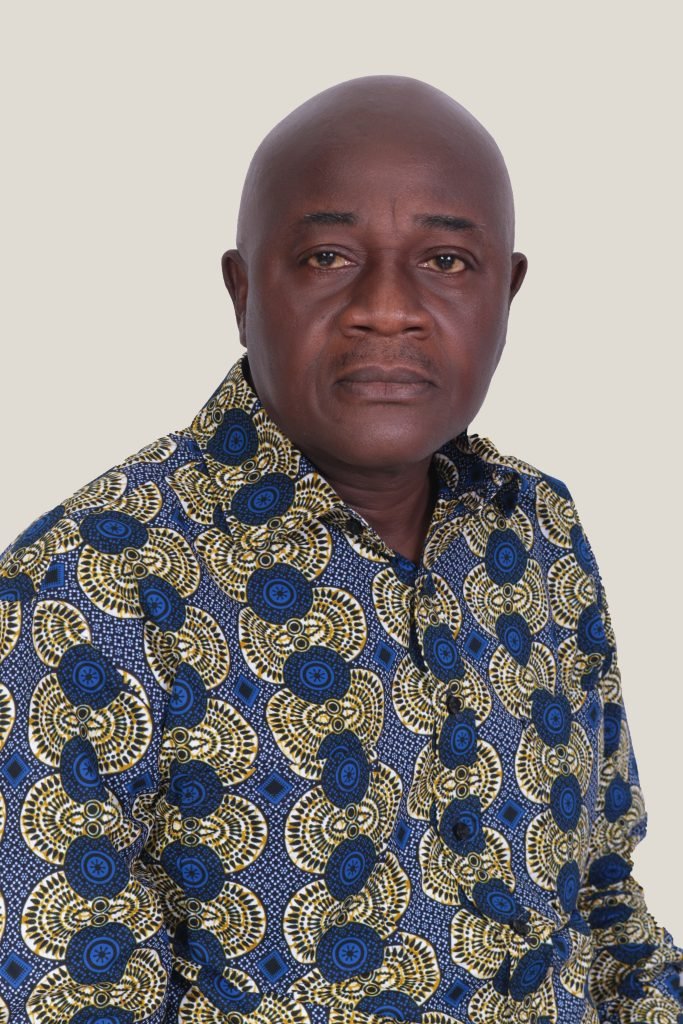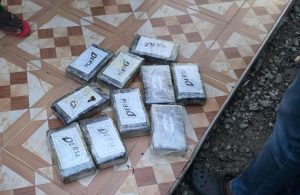
Members of Parliament (MPs) are urging their constituents to rather direct their demands for projects to Metropolitan, Municipal and District Chief Executives (MMDCEs).
According to the legislators, they often bear the brunt of the lack of development in the various districts, while the MMDCEs, who control 95% of the common fund, are left off the hooks.
Their worry stems from the mindset of the public that MPs control the District Assemblies Common Fund (DACF), when that is not the law, as contained in the DACF formula.
On the contrary, only 5% are allocated to each MP, which they do not have absolute control over, as the District Chief Executive signs the disbursement form before it could be utilised.
The First Deputy Speaker of Parliament, Bernard Ahiafor, gave this education during proceedings on Thursday, May 29, 2025.
He was adding his voice to a statement made on the need to elect MMDCEs. “As we speak, in the eyes of the general public, when they talk of the common fund, it is we the MPs.
“The public is of the view that we are responsible. But in reality and by the formula that we’ve been approving, it is the MMDCEs that control that particular fund,” he said.
Speaking from the Speaker’s chair, he continued that “It is only 5% that is distributed among the members of Parliament.
“And even that, it doesn’t go to them directly. It is paid into a designated account at the assembly and unless and until that District Chief Executive signs the disbursement form, no money can come from that particular account.
“Expressing frustrations the MPs faced, the Akatsi South MP said some constituents expect their MPs “to account for money that you [MP] don’t control. You are not a signatory to that 5%.
“They even ask you to account for the common fund. Most people do not know that it is only 5% that is distributed among members of parliament.
“And all that you can do as a member of parliament is to write to them to refer to the formula for the usage and see whether they can drill a borehole in this community or renovate a classroom structure in this community. That is the limit of your responsibility,” he added.
EDUCATE
The First Deputy Speaker, Bernard Ahiafor, urged the media to help MPs to educate the general public that the entire common fund goes to the assembly. Out of the amount, the MP can apply to use only 5% allocated to that MP.
He stressed the need for intensive public education, citing that it was necessary to carry the constituents along.
He was also concerned about the media contacting MPs over developmental needs in the constituencies “without talking to the District Chief Executive. They will leave somebody who controls 80% and be talking to you, who controls only 5%. And even that 5%, you cannot sign the cheque.”
MANIFESTO
He, however, identified the issue to be the campaigns they do to win the seat. He said that every parliamentary candidate convinces the voters with the manifesto of their political party as it pertains to their respective constituencies.
However, the people to ensure the realisation of those promises are the MMDCEs, not the MPs.
FUNCTION
The duties of an MP are categorised into legislative, representative, deliberative and oversight.
Article 93 of the 1992 Constitution vests the legislative power in Parliament and it exercises such authority by making laws through the bills it passes, as stipulated by Article 106(1).
In Parliament, all MPs represent their constituents; together, the entire population. They deliberate on issues of national interest and also serve as a check on the other arms of government.
Over the years some parliamentary candidates, if not all, appear to be canvassing for votes with development promises, a situation that seems to be the reason constituents look to them for projects in the constituencies.
The post MMDCEs are responsible for projects, not us –MPs cry out appeared first on The Ghanaian Chronicle.
Read Full Story















Facebook
Twitter
Pinterest
Instagram
Google+
YouTube
LinkedIn
RSS